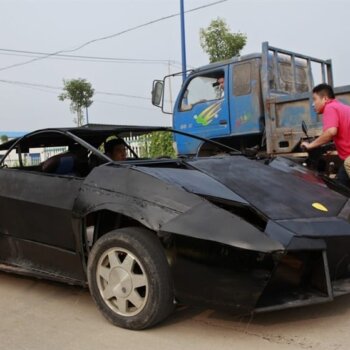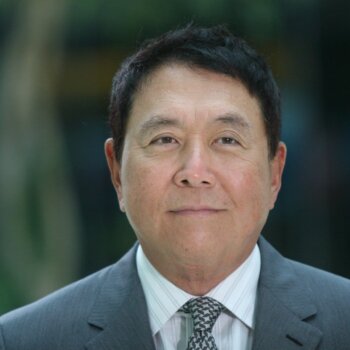In early July, an important announcement by Apple went relatively unnoticed: it was shifting assembly of its iPhone 11, then the most advanced model in its product line, from China to Chennai in India.
A couple of weeks later, Samsung, along with several other Apple suppliers (Foxconn, Pegatron and Wistron), Indian manufacturers Micromax and Lava, and up to 18 other companies applied for an Indian government incentive program for the large-scale manufacture of electronic products, that would see a significant part of these companies’ manufacturing transferred to the subcontinent.
On the one hand this will allow them to avoid the 20% levy that India, one of the world’s most important markets in quantitative terms, imposes on imported electronics, within its increasingly protective trade policy. Perhaps more importantly, it reflects deeper macroeconomic issues to do with China’s higher costs, as well as the mechanization of production, which means less dependence on labor.
At the same time, the Biden administration is expected to keep up pressure on China, and will exhort its allies to do the same, in a bid to force Beijing to open up the country to competition and hopefully to respect its citizens’ human rights.
Likewise, the transfer of some of Apple’s assembly to Vietnam has helped the local economy of China’s neighbor.
Are we witnessing a change in the economic cycle? In the latter half of the last century, China set out to create a scenario in which Made in China would be replaced by Engineered in China: the country would no longer be the world’s factory, a cheap place for the world to outsource manufacturing, and instead an advanced source of technology. At the same time, Chinese companies have increased automation, causing some of them to send up to 80% of their workers home and switch to using robots instead. The higher level of specialization of the production line workers — typically experts in machine maintenance, machine learning — generates higher wages, while mechanized factories with higher output fewer errors and accidents also means that wage costs are no longer such an important .
In the consumer electronics industry, staying on Chinese soil still has its advantages, mainly in terms of maintaining proximity to suppliers. But increasingly, these companies are becoming global and can consider offering services and solving problems almost anywhere in the world, which could lead to pressure to progressively relocate production.
With labor costs no longer an issue, more mechanization and a tendency to relocate production, could the future see Western companies putting more pressure on China to avoid possible sanctions and blockades at home and to try to bring value closer to the countries that design or consume their goods? And if so, within what timeframe?
About the Author
This article was written by Enrique Dans, professor of Innovation at IE Business School and blogger at enriquedans.com.





























